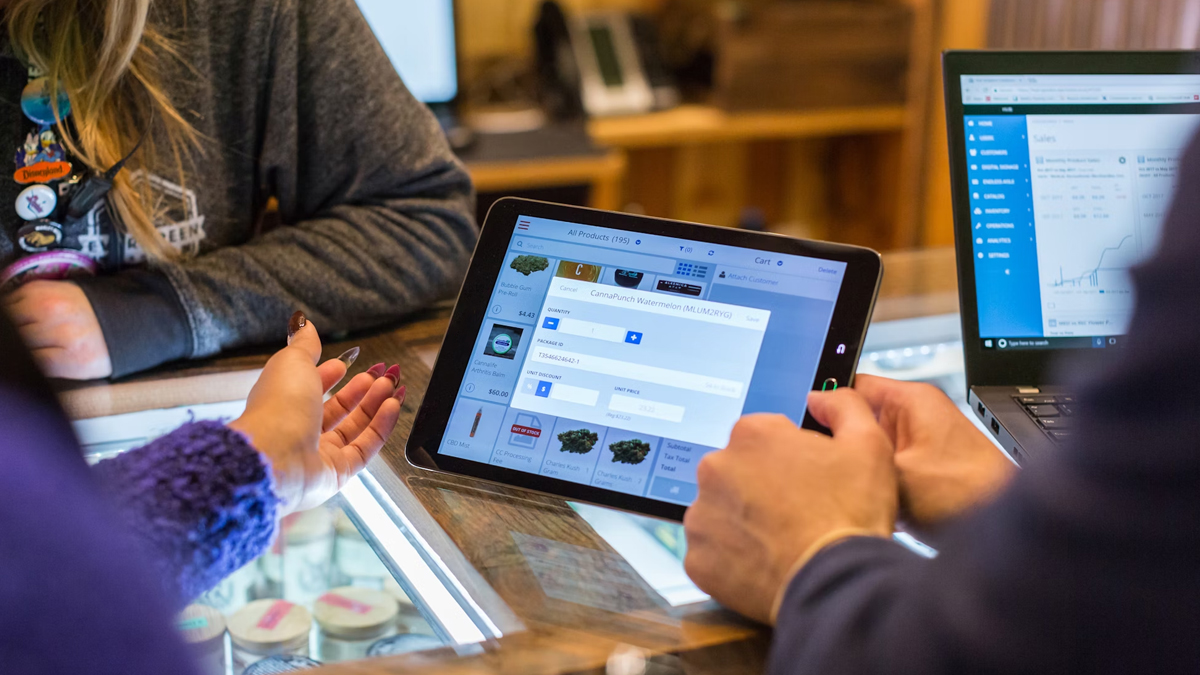Local marketing is a strategic approach to engaging customers within a specific geographic area, strengthening local presence, and driving immediate engagement. Expanding B2B marketing into new markets offers significant growth potential but presents challenges like language barriers, cultural nuances, and regional buying behaviors. This is where localization becomes critical. Adapting marketing strategies, content generation, and messaging to each target market helps B2B businesses build trust, connect effectively, and achieve measurable results across diverse regions. This blog will explore the importance and benefits of localization, offering actionable insights for effective, cross-regional implementation.
What is Localization in B2B Marketing?
Local marketing is a targeted approach businesses use to reach customers within a specific geographic area, often near a physical storefront. It focuses on connecting with prospects who are likely to visit the business or engage with its local marketing services. To attract and convert these leads, companies leverage a mix of strategies, including localization SEO, optimized business listings on Google My Business, location-based advertising on social media, and community events or promotions. These efforts ensure that the business appears in local searches and remains visible to potential customers in the area.
Whether you’re a small business owner or part of an enterprise brand, local marketing helps allocate resources efficiently by focusing on high-quality leads. According to SOCi, 80% of U.S. consumers search for local businesses weekly, highlighting the importance of staying visible. By tailoring messaging to the local community, businesses can boost engagement, build trust, and drive both foot traffic and online conversions.
Why Localizing Makes a Difference?
Localization in business goes far beyond simple translation. It is a strategic approach that shapes how your brand communicates, engages, and builds trust in different markets. Effective localization allows businesses to enter new markets by tailoring messaging to align with local culture, language, and business practices. This helps establish a strong presence and prevents miscommunication or generic messaging that can alienate potential clients.
By localizing all customer touchpoints, including websites, marketing materials, and product manuals, businesses create a seamless and culturally relevant experience. This improves satisfaction and fosters long-term relationships. In B2B contexts, trust and credibility are essential. Demonstrating an understanding of local environments shows commitment and professionalism, helping to close deals and strengthen partnerships. Localization also provides a competitive advantage by positioning your brand above competitors who rely on generic strategies. Companies that continually refine their localization efforts, including website localization, can respond to evolving market trends, optimize messaging, and maintain relevance. In essence, localization transforms a business from being merely global to being locally resonant, trusted, and highly effective across diverse markets.
Key Steps for Effective Localization:
A strong local marketing strategy helps B2B marketers build trust, relevance, and market presence globally. Here are six key steps to make your localization efforts strategic, authentic, and scalable.
Identify Target Markets
Start by researching which markets offer the greatest potential for your products or services. Analyze factors such as demand gen, competition, cultural alignment, and language diversity. This foundational step ensures your localization efforts are focused on markets that offer sustainable growth opportunities and align with your brand’s strengths and goals.
Understand Local Culture and Buyer Behavior
Effective localization goes beyond language. Study local customs, communication styles, and professional etiquette. Understanding cultural nuances helps tailor your brand voice and messaging to resonate with your audience. This stage ensures your campaigns feel authentic, relatable, and respectful of the values that shape local business interactions.
Core Content Localization and Messaging
Begin by adapting your most impactful assets, like websites, landing pages, and key marketing materials, through website localization. Prioritize clarity, tone, and relevance rather than direct translation. Ensure visuals, idioms, and examples reflect the target culture. A localized message builds trust and makes your brand feel “native” to the local market.
Optimize for Localization SEO and Digital Channels
Localization extends into digital visibility and content localization. Research regional keywords, local search trends, and preferred platforms. Optimize metadata, URLs, and content for local search engines. A strong localization SEO and content localization strategy helps increase brand discoverability, improving your visibility among B2B decision-makers actively searching for relevant solutions.
Collaborate with Local Partners
Work with local agencies, influencers, and distributors who understand the market dynamics. Their insights can guide messaging, tone, and distribution strategies. Combining these collaborations with expertized local marketing services enhance authenticity, strengthen your local presence, and help your brand build credibility faster in new regions.
Measure, Refine, and Scale
Track engagement, conversion rates, and audience feedback to gauge success. Use these insights to refine your local marketing strategy, adjust messaging, and expand localization services and efforts to additional markets. Continuous optimization powered by the right local marketing tools ensures long-term B2B growth and sustained competitive advantage across diverse global audiences.
Best Practices for Marketing Local Business
Effective localization in business goes beyond translating your core offerings; it’s about adapting every aspect of your B2B marketing to reflect local culture, behavior, and expectations. Successful localization begins with in-depth market research to understand audience preferences, communication styles, and regulatory requirements. Tailor your messaging, tone, and visuals to align with local values while maintaining brand consistency. For digital campaigns, adapt SEO strategies to include region-specific keywords and optimize for local search engines.
Localizing email and social media marketing can significantly boost engagement—personalize content with relevant cultural references, adapt posting styles, and choose platforms popular in each market. In content marketing, work with native experts or a local marketing agency to ensure authenticity and resonance across diverse audiences. In addition, refine your PPC campaigns by using localized keywords and contextually relevant visuals that connect with local buyers. Leverage analytics and local marketing tools to track engagement, measure conversions, and gather insights from different regions. Continuous testing and feedback from regional teams help fine-tune strategies for sustained performance. The marketing of local bridges global consistency with local relevance by enhancing brand trust, improving conversion rates, and ensuring your B2B messaging resonates across every market.
Conclusion
Localization is essential for B2B marketers looking to expand globally, enabling brands to build trust, connect authentically, and drive sustainable growth. By aligning your brand’s messaging, tone, and content with local cultures and market dynamics, you create meaningful connections that foster engagement and credibility. Effective localization transforms a global presence into a genuine regional impact, helping businesses stand out in competitive markets. Whether through localized SEO, tailored content, or strategic partnerships, the goal is to balance global consistency with local relevance. As B2B markets continue to evolve, companies that invest in thoughtful, data-driven localization will be best positioned to achieve lasting growth and customer loyalty.




